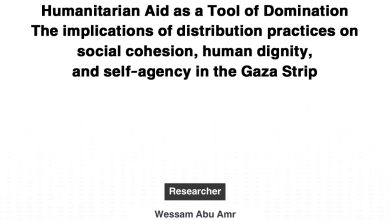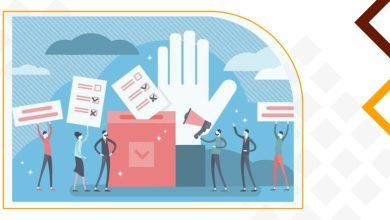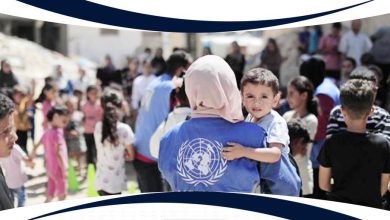Gaza Interview #2: Omar Shaban, Director of Palthink

Roger Fowler: How are the historic changes in the region impacting on Palestine and prospects for ending the Israeli siege on Gaza?
Omar Shaban: The world needs to understand that the siege is impacting destructively on all aspects of life in Gaza. There is no humanitarian crisis in Gaza. But we have no jobs, no hope. If we cannot break the people out of Gaza, we need to bring the world in to Gaza as a humanitarian gesture, and advocate and lobby the Israeli government to lift the siege. People need to have a hope in the future. Gaza has high productivity rates & a high level of education – one of the highest in the world, with a high literacy rate (98%), people speak 2 or 3 languages, and have a high level of access to the internet – one of the highest in the Arab world. So the siege makes it more difficult for them (to get ahead.).
But we don’t live in a desert. It’s not a natural disaster. This is a man made catastrophe in Gaza, so it needs a man made intervention. We don’t suffer from a lack of resources, or face hurricanes every day – but we face political hurricanes: the siege. The international community needs to stand and raise their voice.
What are the prospects of the opening up of the Rafah crossing?
It’s complicated because of the political & legal issues. Egypt cannot open up the border with Gaza because it has international commitments with the US and the Israelis. The agreement about Rafah was signed in 2005, they call it the AMA – the agreement on access & movement. The Rafah crossing was intended only for the movement of people, it was not designed to be commercial. We knew that Israel wanted Gaza to be annexed to Egypt, so on one hand we are happy to have normal relationships with Egypt, but we want this relationship to be between Egypt and Palestine, not between Egypt and Gaza. There is a big difference.
Second; it was Israel who imposed the siege, so it should be Israel that removes the siege. This is a very important principle. We cannot expect Qatar or Egypt to remove something they did not do. The Arab states and you (internationals) can help us cope with the consequences on the siege, but not remove the siege. And Gaza needs to be committed to the West Bank. The economic relationship between West Bank and Gaza is fundamental to the keep and build the unity of the political system, if we don’t trade with each other – why do we need to have one state? Economic interest is the basis for political reunification. So Israel needs to allow the movement of Palestinians from West Bank to Gaza, and back – according to the Oslo agreement of 1993 …West Bank, Jerusalem and Gaza is one identity – the Palestinian territories. Israel can’t push Gaza towards Egypt or towards the sea. Gaza is part of Palestine. But we can’t be sustainable alone. Before the siege Gaza used to export money. We were donors. Not many people know that. We sent aid to Sarajevo and Algeria. Rafah is opening. But it will not solve the problem. The problem is the root cause: the Israeli occupation – the settlements in the West Bank, the construction of the walls in the West Bank, access to Jerusalem. The UN and the international community do nothing. Ban Ki Moon is lazy. We want them to be more active.
You (internationals) can do a lot to bring the issue of Palestine to international attention.
How can international support be most effective?
Israel has a (Zionist) theory that is widely accepted in the West. The Palestinian problem is not about a lack of resources, it’s about a lack of understanding and accurate information. This is why interventions from people like you are very important. The people in the West need to understand that we are a nation struggling for political rights. We believe in peace, we support the 2 state solution. We want our generations to grow in a peaceful and prosperous environment. So we appreciate very much the efforts of you and your colleagues – but I ask that you don’t confine your intervention to aid delivery, we need you to transmit to the West our situation in Gaza… where we are looking for a better future, and not to see us from the CNN view only.
Palestine is a very important cause for the stability in the Middle East – people need to understand that. It’s a real problem for everybody. And one day the USA and Israelis will face the consequences of their policies of today. Today’s policy is tomorrow’s problem. You (Israel) inflict more siege; you push people to become more radical, and you kill the tendency towards peace. It’s very dangerous. It might be irreversible.
[highlight]http://kiaoragaza.wordpress.com/2012/12/06/gaza-interview-2-omar-shaban-director-of-palthink/[/highlight]





